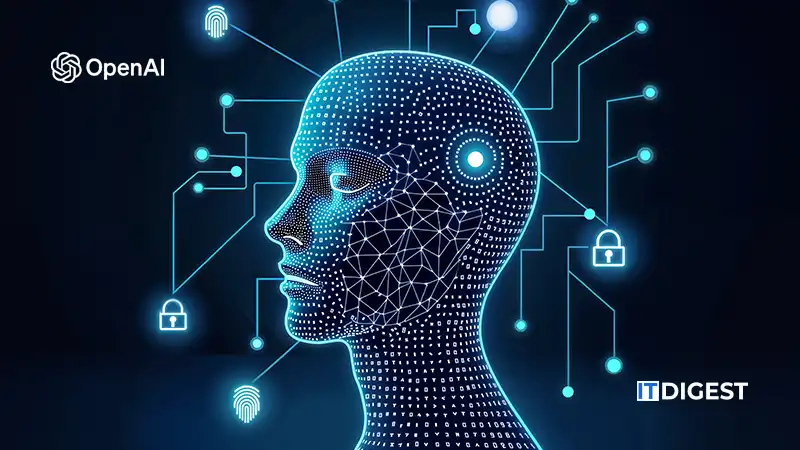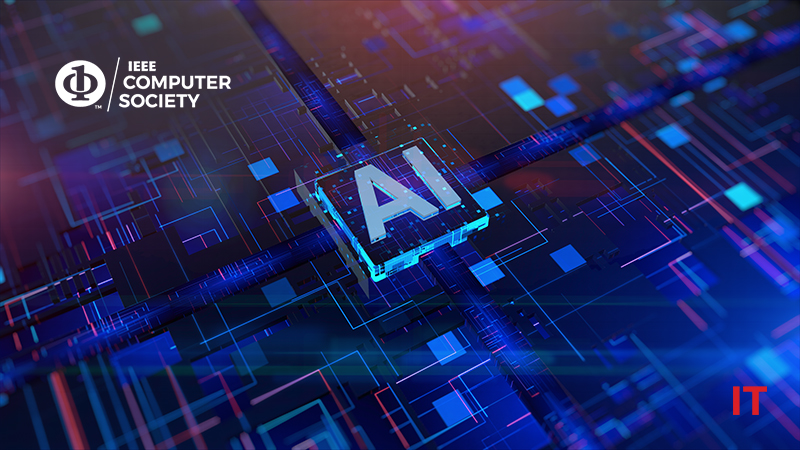Leaders of the IEEE Computer Society (CS), the leading computer science and engineering member community, announced its annual scorecard, assessing 2023 technology predictions against their current technological states. This year, AI-based solutions ranked highest in their evaluation.
“The most technological advancement and most maturity in absolute terms, is attributed to Generative AI,” said Dejan Milojicic, 2014 IEEE CS president and current HPE Fellow and VP at Hewlett Packard Labs. “It is also the only technology that was marked with broad adoption. This is not a surprising outcome given the huge growth in both advancement and adoption of generative AI.”
In addition, Artificial General Intelligence (AGI) yielded the highest relative difference from original predictions. Leaders ascribe this technology’s success to overall advancements in Generative AI and growing consumer access to the capabilities. AI-assisted DevOps—the integration and automation of software development (Dev) and IT operations (Ops)—also had the fourth largest growth over original thoughts, attributed, once more, to overall Generative AI increases.
“2023 was a huge year for AI in all forms,” noted Milojicic. “Its influence on a wide variety of other technological solutions created a ripple effect that has launched a whole new set of possibilities.”
Also Read: CoreWeave Taps Dell Technologies to Strengthen Cloud Platform for AI and Machine Learning
Key technology observations
In addition to AI, this year has impacted the development of several reviewed technologies, including:
- Disinformation Detection/Correction witnessed the third largest climb in the technology rankings compared to the beginning of the year, due in part to technological advancements and market need.
- Autonomous Robots & Brain-Machine I/F (interface) still have prototype-level maturity but remain a research area of focus.
- 3D Printing in Personalized Healthcare emphasis slowed down from predictions as the healthcare industry settled into a more normative state with COVID. In addition, as the technology matures in particular environments, e.g., dentistry, products naturally have become more accessible.
- IT for Sustainability saw a larger decline in focus, potentially due to the aftereffects of economic and geopolitical factors and incremental progress.
- Space ITC (Information Technology and Communication), had one of the most accurate predictions this year, balancing its lower-ranked impact on humanity, which is likely due to the large horizon to adoption, with its potential.
The figures below demonstrate the shift in predictions between the final scorecard and the original report for Technical Success versus Impact to Humanity. The size of the bubble is proportional to relative market adoption.
The delta of the advancement of each given technology over the course of the year, between the prediction versus the scorecard, is shown in the figure below. This figure includes the delta for Technology Success in 2023, Impact to Humanity, Maturity in 2023, and Market Adoption in 2023.
“We are pleased how our original grades stood the one-year test of the time, as reflected in overall A/B grading, one of the highest in our 10-year history of predictions,” explained Milojicic. “The biggest differences in predictions were reflected in an unusually high growth of generative AI and slowdown of COVID-related technologies. Our technology predictions process continues to improve year-over-year. This year we introduced a more rigorous overall grading that will serve us for the years to come.”
SOURCE: PRNewswire


































